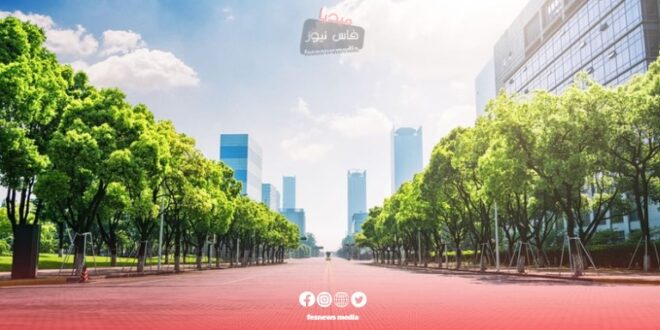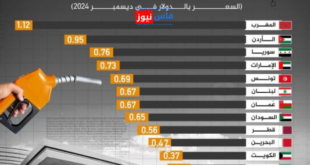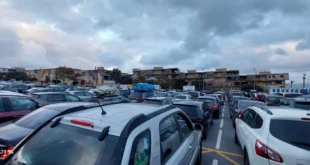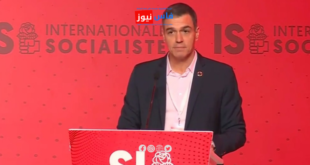Social media platforms in Morocco, especially Facebook, have witnessed widespread campaigns calling on municipal councils and local authorities to reconsider urban forestation policies. These campaigns focus on the need to stop planting palm trees and replace them with shade trees, aiming to reduce temperatures in urban and rural areas.
These public calls come amid noticeably rising temperatures in Moroccan cities in recent years. Citizens believe that palm trees, despite their beauty, do not provide sufficient shade for pedestrians and contribute minimally to cooling the environment.
Environmental and urban planning experts affirm that planting shade trees such as willows, lindens, and oaks can significantly contribute to:
- Lowering temperatures in streets and public squares.
- Providing shaded areas for pedestrians and cyclists.
- Improving air quality by absorbing carbon dioxide.
- Increasing air humidity and moderating the local climate.
The campaigns urge local officials to:
- Conduct scientific studies on tree species most suitable for the local climate.
- Develop plans for gradually replacing palm trees with shade trees in appropriate locations.
- Increase budgets allocated for urban forestation.
- Involve citizens in awareness campaigns and tree-planting operations.
Environmental activists emphasize that this step is not merely an aesthetic improvement for cities, but an environmental and health necessity in light of global climate changes. They also stress the importance of maintaining ecological balance and tree diversity in urban areas.
As local authorities’ response to these demands is awaited, questions remain about the future of the urban landscape in Moroccan cities and their ability to adapt to increasing climate challenges.
This article highlights the growing public awareness of environmental issues in Morocco and the grassroots efforts to address climate change at the local level, reflecting a broader global trend towards sustainable urban planning.
 فاس نيوز ميديا جريدة الكترونية جهوية تعنى بشؤون و أخبار جهة فاس مكناس – متجددة على مدار الساعة
فاس نيوز ميديا جريدة الكترونية جهوية تعنى بشؤون و أخبار جهة فاس مكناس – متجددة على مدار الساعة













